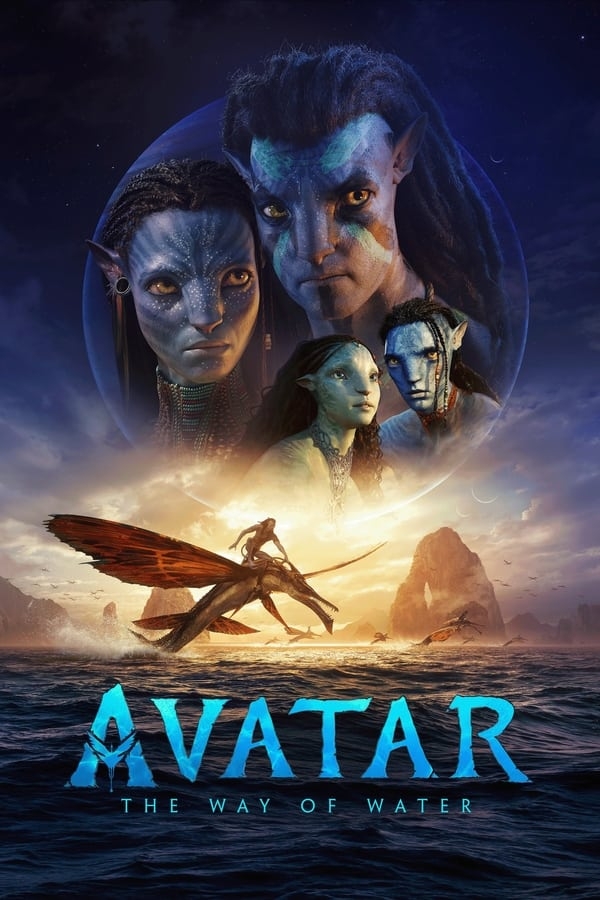I was not looking forward to seeing “Avatar: The Way of Water.”
One of the few who was not bowled over by the first film, I saw no purpose in making a return to James Cameron’s fantasy world of Pandora. I can report that I was pleasantly surprised at this new movie and in some parts, truly awed.
Many of the things that left me cold in the first film — doleful dialogue, mediocre voice acting, questionable historical criticism — are still present here, and I will deal with them later. But once the film enters the water world of Metkayina, it soars.
Movies have that unique artistic opportunity to create new worlds and transport us. This “Avatar: The Way of Water” does magnificently. The technical achievement here is astounding. The water world Cameron and his animators create is breathtakingly beautiful. The camera swoops and swerves in this underwater paradise, bringing the characters and the sea creatures to life. I cannot adequately convey in words how exhilarating these sequences are, and since it consumes about two-thirds of the movie, it makes the movie one of the best of the year.
The story continues about 10 years after the events of the first film with the Na’vi Jake Sully and Neytiri now with three natural children, two boys and a girl, one adopted daughter and a human boy named Spider left as an infant when the human invaders abandoned Pandora.
The villain of the first film, Colonel Quaritch, is back after supposedly being killed in the first film, but here having been cloned into an avatar (don’t ask, just go along with it). Quaritch is sent on a mission to kill Jake Sully by any means necessary. Sully, recognizing that his presence in Pandora puts the community at risk, takes the family and escapes to the distant land of Metkayina, an island kingdom ruled over by Tonowari and his wife Ronal who welcome the Na’vi. Eventually, Quaritch will learn of Sully’s place of refuge and the human invaders will come after him in Metkayina, placing the entire water kingdom at risk.

Frankly, the story line is just adequate, the dialogue is frequently tone-deaf, and the voice acting is merely satisfactory. Scenes that are supposed to be emotionally wrought I simply cannot take seriously enough to give them dramatic heft, as would be the case if this were not a fantasy film with fantasy characters. But I doubt that people go to see movies like this for complex family dynamics — the storylines and characters are sufficient for the true purpose of the film, which is to transport us to this incredible imaginary world. And here it succeeds beyond my wildest imagination. I was truly enraptured throughout the movie once it entered the sea kingdom.
I must, however, give voice to an unease I have in how it depicts its human characters, clearly American, who have absolutely no redeeming qualities. I am not a babe in the woods when it comes to my country’s failings in the world, whether it be Vietnam or Iraq or any number of dictators we supported during and after the Cold War, nor am I immune to calls for urgency to address issues of environmental collapse and recognition that we have not done enough.
But as in the first film, I find it highly questionable to receive these lectures from a filmmaker who has a history of making the most extravagant, expensive movies ever made. Certainly the carbon footprint of James Cameron exceeds 99% of the rest of us? I’ll take my dressing down from “An Inconvenient Truth,” thank you very much. And as for the Marines, all I can say is Iwo Jima.












